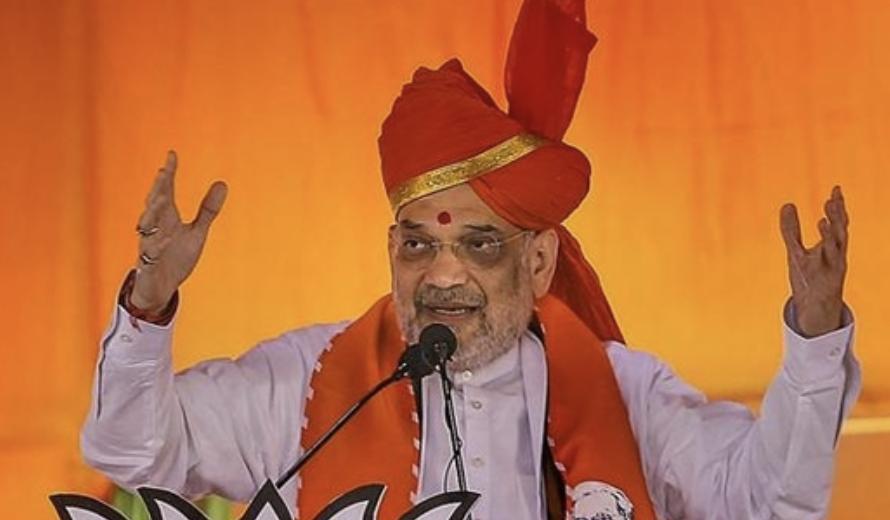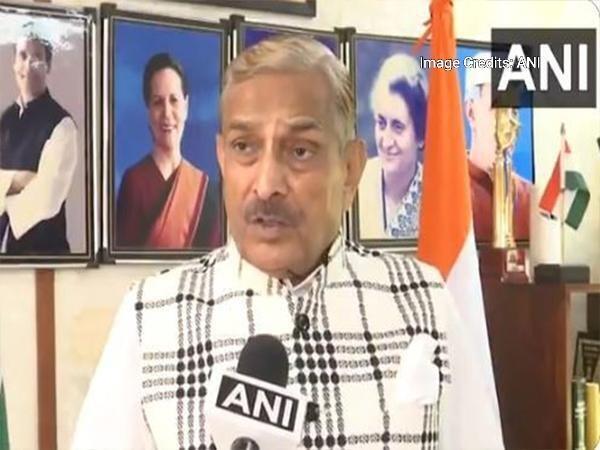
3 More Groups Have Disassociated from Hurriyat in J&K: Amit Shah
Union Home Minister Amit Shah, who is currently on a visit to Jammu and Kashmir, made a significant statement recently. According to him, three more organizations have disassociated themselves from the Hurriyat and have discarded separatism. The organizations in question are the Jammu Kashmir Islamic Political Party, Jammu and Kashmir Muslim Democratic League, and Kashmir Freedom Front.
This development is significant, as it marks a major shift in the political landscape of Jammu and Kashmir. The Hurriyat, which was once a dominant force in the region, has been losing ground in recent years. The organization, which was formed in the 1990s, was seen as a representative of the people of Jammu and Kashmir in their struggle for self-determination. However, over the years, its popularity has waned, and many have begun to question its relevance.
The decision of these three organizations to disassociate themselves from the Hurriyat is a significant blow to the separatist movement in the region. The Hurriyat has long been seen as a symbol of resistance against the Indian government, but its leadership has been criticized for being out of touch with the people and for pursuing a narrow, sectarian agenda.
The decision of these three organizations to join the mainstream is a significant development, as it suggests that they are willing to work within the Indian political system and to abandon their separatist ideology. This is a major victory for the Indian government, which has long sought to integrate Jammu and Kashmir into the rest of the country.
The Home Minister’s statement is significant, as it suggests that the government is making progress in its efforts to integrate Jammu and Kashmir into the rest of the country. The statement is also a clear message to the people of Jammu and Kashmir, that the government is committed to ensuring their rights and to protecting their interests.
The development is also significant, as it suggests that the people of Jammu and Kashmir are increasingly rejecting separatism and are instead embracing mainstream politics. This is a major shift in the political landscape of the region, and it suggests that the people of Jammu and Kashmir are increasingly looking to the Indian government for solutions to their problems.
The decision of these three organizations to disassociate themselves from the Hurriyat is also significant, as it suggests that they are willing to work with the Indian government to address the problems facing the region. This is a major change, as the Hurriyat has long been seen as a obstacle to peace and prosperity in the region.
The Home Minister’s statement is also a clear message to the people of Jammu and Kashmir, that the Indian government is committed to ensuring their rights and to protecting their interests. The statement is also a message to the separatists, that their ideology is no longer relevant and that they must abandon their separatist agenda.
The development is also significant, as it suggests that the Indian government is making progress in its efforts to address the problems facing the region. The government has long sought to address the issues facing Jammu and Kashmir, including poverty, unemployment, and lack of infrastructure, and the decision of these three organizations to join the mainstream is a significant step towards achieving this goal.
The decision of these three organizations to disassociate themselves from the Hurriyat is also significant, as it suggests that they are willing to work with the Indian government to address the problems facing the region. This is a major change, as the Hurriyat has long been seen as a obstacle to peace and prosperity in the region.
In conclusion, the decision of three more organizations to disassociate themselves from the Hurriyat and to join the mainstream is a significant development in the political landscape of Jammu and Kashmir. This development marks a major shift in the political landscape of the region, and it suggests that the people of Jammu and Kashmir are increasingly rejecting separatism and are instead embracing mainstream politics.
The decision of these three organizations to join the mainstream is also a significant blow to the separatist movement in the region, as it suggests that they are willing to abandon their separatist ideology and to work within the Indian political system. This is a major victory for the Indian government, which has long sought to integrate Jammu and Kashmir into the rest of the country.
The Home Minister’s statement is also a clear message to the people of Jammu and Kashmir, that the Indian government is committed to ensuring their rights and to protecting their interests. The statement is also a message to the separatists, that their ideology is no longer relevant and that they must abandon their separatist agenda.






